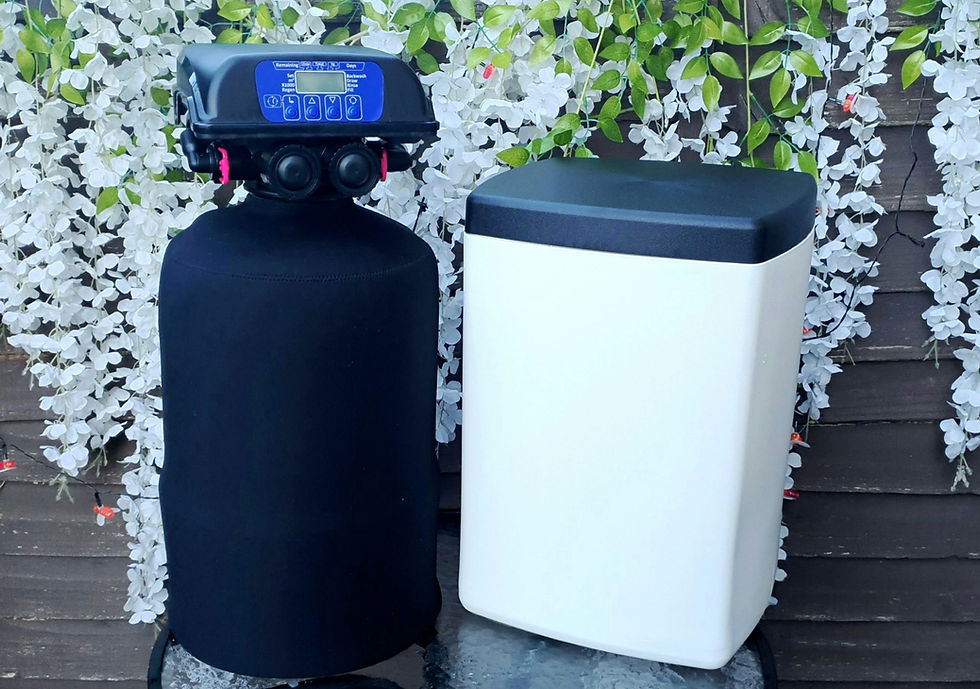Soft Water Myth Busting - 001
- Andy McPhilbin
- Jun 26, 2022
- 1 min read
Updated: Jul 3, 2022
Soft Water is corrosive & corrodes aluminium heat exchanges in your boiler
The first water softener was installed way back in the early 1900's and the technology of ionic exchange has remained basically the same.
Hard water contains a larger presence of calcium and magnesium together with chloride, bicarbonate, sulphate and nitrate.

When hard water passes through a water softener, the calcium and magnesium ions are replaced with sodium ions. The alkalinity will remain the same.
Naturally softened water contains very little dissolved solids so its pH level is low. Soft water in its natural form is corrosive to metals.
For nearly a hundred years, we were quite happy to fill heating systems with artificially softened water, until inhibitor companies got involved, and created the myth that artificially softened water was corrosive. The boiler manufacturers got a bit twitchy and advised that soft water shouldn't be used in a heating system circuit. This myth has now been busted, and since 2012, the legislation for filling up an heating system with artificially soft water is quite clear, all thanks to the BSI corrosion investigation carried out in Loughborough in 2011. The findings were presented to Westminster which was attended by chemical inhibitor companies, boiler manufactures and water softening manufacturers by a pioneer in the water softening industry - Harvey Bowden the founder of Harvey Water Softeners.
Check out this recent video.




Comments